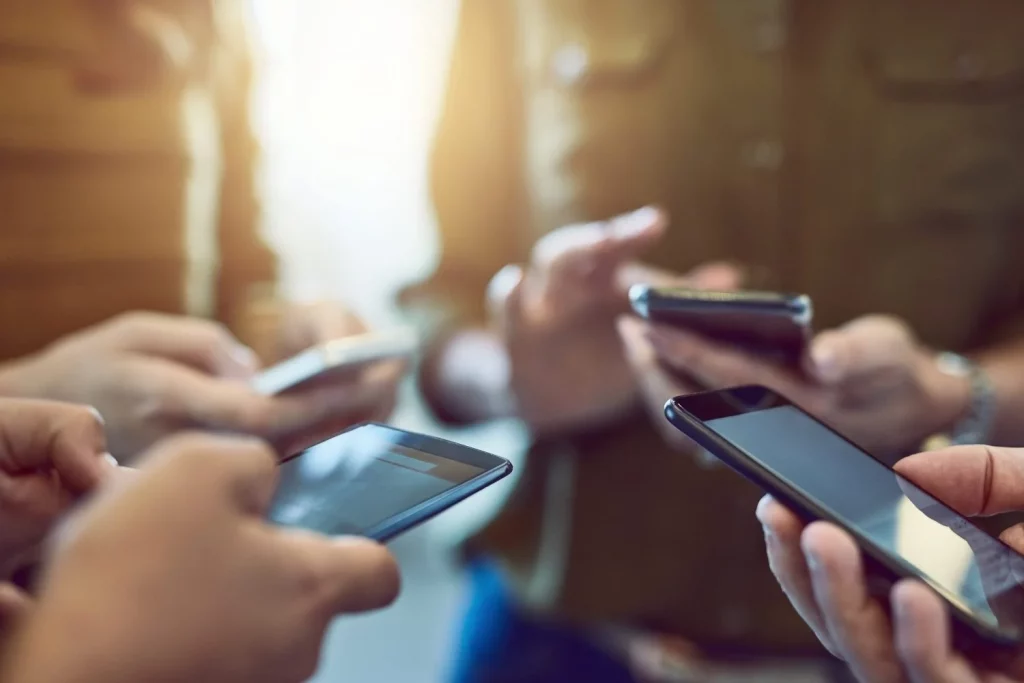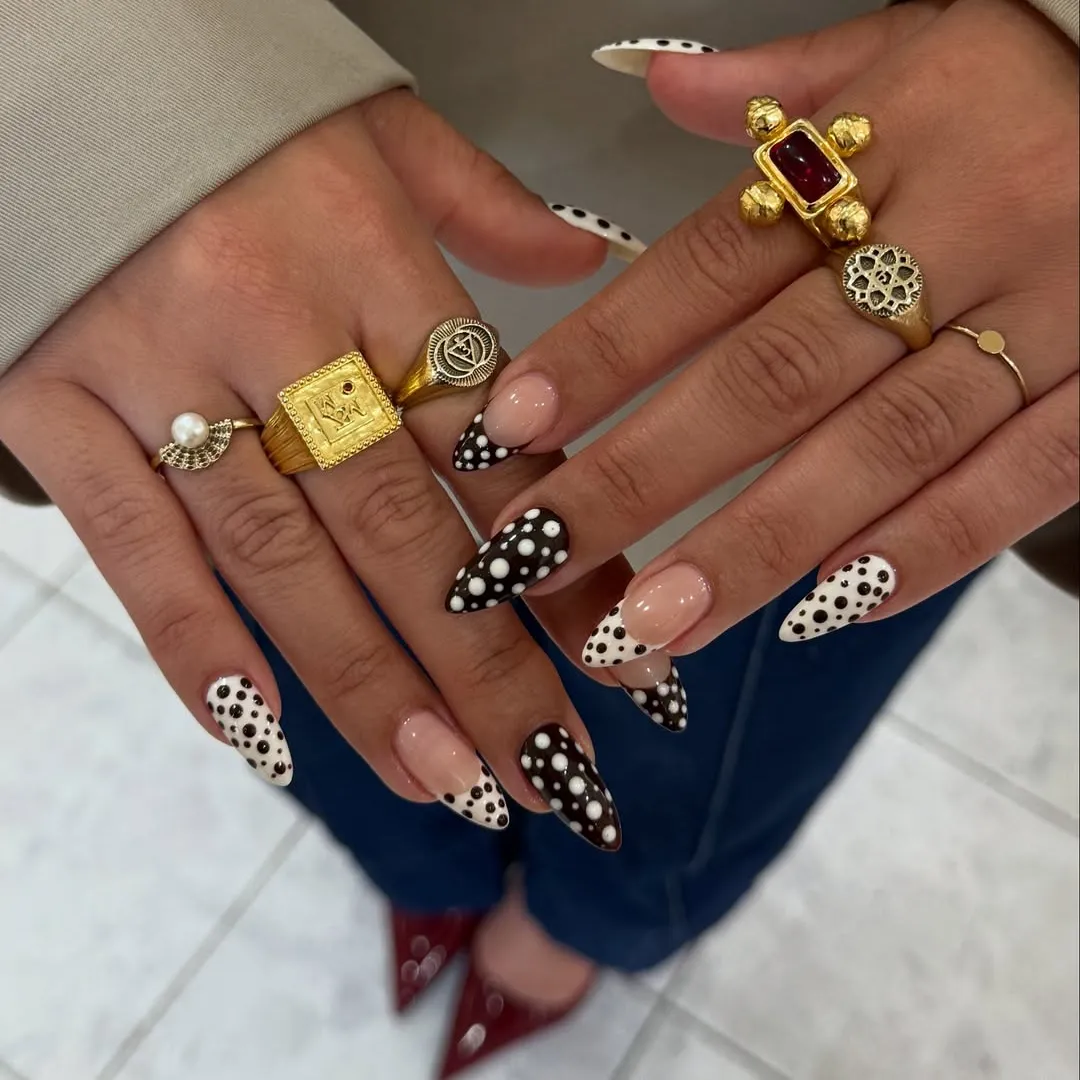Over holiday break, I embarked on an ambitious plan. I didn’t travel anywhere, but maybe, in a way, I went back in time.
Over Holiday break, I decided to put my phone away for two consecutive days, and to record any changes being without the device lead to.
In our world today we are endlessly networked through our cellular devices. We can reach anyone or anything within seconds. Would putting my phone away help me reconnect with the world in better ways? Would being phone free plant the seeds of what will eventually become a more productive, happier, fulfilling life?
According to the American Academy of Child & Adolescent Psychiatry, screen time for children aged 8 to 12 can lead to sleep loss, substance use, lack of physical activity, violence, and risk-taking behaviors.
“While screens can entertain, teach, and keep children occupied, too much use may lead to problems,” the Academy of Child & Adolescent Psychiatry said on its website.
Prior to this challenge, I told my parents and family what I would be doing. I also asked them a couple questions: Do you think I can do it? And will you help me? They had some mixed reactions.
“I know you can do this because I will help you” said my dad.
My mom wasn’t as confident.
“I think this can prove very beneficial for you, however it will be hard,” she said. “And I would like for you to figure this out on you own.”
My brother, however, was indifferent. “I don’t really care what you do or don’t do,” he said.
My two- day journey began on Saturday, Dec. 28.
On the first day, we celebrated Christmas as a family because my mom worked on Christmas Day. I chose this as my first day because I knew it was going to be easier to stay off my phone when I was constantly cleaning, helping out, preparing the table, and talking with family.
Throughout the day I noticed between every conversation or course, my family members, especially my cousins who are all around the same age as I am, reached for their phones the second we didn’t have anything to do.
On Sunday, I had to wake up early to go to hockey. By the time I got back it was around 10:00 a.m., and I showered and got ready for the day. At 11, I went out to run errands with my dad.
The rest of the day was filled with reading my book, playing with my dogs, playing hockey, or watching a movie with my dad. I logged another entirely phone-free day.
Throughout this experiment, I learned I had way more time during the day to use. I felt in a better mood, more productive, more confident, and my memory seemed sharper.
Mina Sugiyama, a senior from Tokyo, Japan, spends an average of hour hours on her phone each day. She claims it is hurting her sleep schedule.
“I use my phone everyday, and it is a useful tool for calling and texting friends, seeing my grades, and other things. I am usually on Netflix the most to watch my favorite show. However, I need to stay off it before bed because I don’t sleep well,” she said. “I definitely could not go without my phone for 2 days.”
Cal Hoyt, a senior day student from Hatfield, Mass., spends an average of 1 hour 15 minutes a day. Cal gets bad headaches from being on his phone too much, so he gets more work done.
“I try to stay off my phone as much as I can during the day. I am only on it when I am texting with my family and friends, or scrolling,” he said. “The app I use the most is Block Blast!” Cal says his score is 50,000.
According to MyKidsVision, a free online tool to help support kids’ vision, teenagers should be held to a two hour limit each day. Teenagers are recommended to keep an elbow to wrist distance when holding their phone.
“There are other effects that screen usage can have on vision and eye health,” the website reads. “These can affect children, teenagers and adults with heavy screen usage.”















